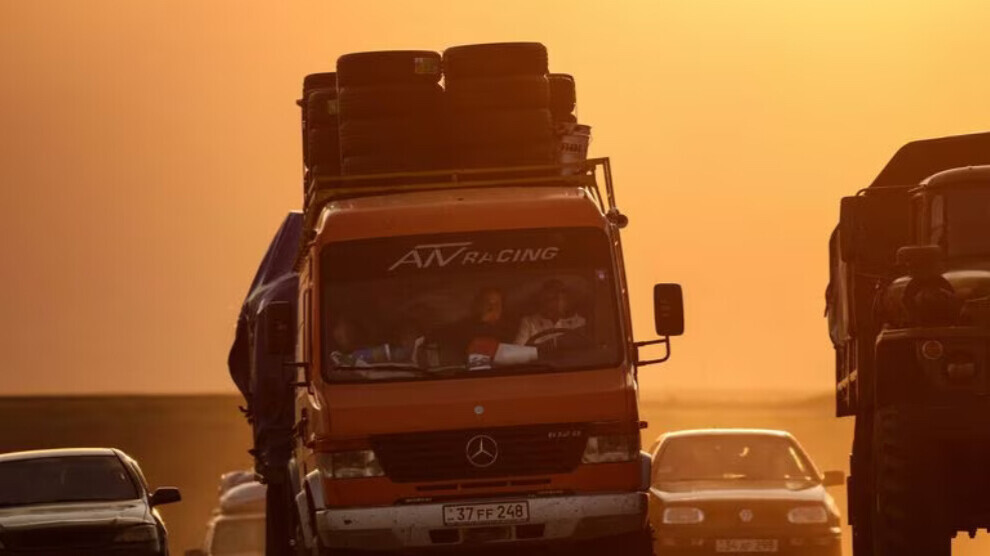Over 88,000 people from the Karabakh region have fled to Armenia
Some 65,000 have already been registered at government-run centres where long lines have formed.
Some 65,000 have already been registered at government-run centres where long lines have formed.

On 20 September, Azerbaijan launched a lightning military operation against Armenia's Nagorno-Karabakh (Republic of Artsakh) and captured the region, the defeated leadership of which agreed to lay down arms only one day later. While more than 200 people died during the attacks and more than 400 others were injured, Azerbaijani officials promised "re-integration" of ethnic Armenians into Azerbaijani society.
The government of Nagorno-Karabakh announced on Thursday that it will dissolve itself and the unrecognized republic will cease to exist by year's end after a three-decade bid for independence.
Armenian Prime Minister Nikol Pashinyan predicted that all ethnic Armenians would flee the region in the coming days.
"Our analysis shows that in the coming days there will be no Armenians in Nagorno-Karabakh," Pashinyan told his cabinet members on Thursday, according to the French news agency AFP. "This is an act of ethnic cleansing, of which we were warning the international community for a long time."
Over 88,000 refugees from the Karabakh region have fled to Armenia in less than a week and humanitarian needs are surging, the UN refugee agency (UNHCR) said on Friday.
“People are tired. This is a situation where they’ve lived under nine months of blockade. When they come in, they’re full of anxiety, they’re scared, they’re frightened and they want answers as to what’s going to happen next,” said agency representative in Armenia Kavita Belani, who has been on the ground since day one of the crisis.
Belani said that the most urgent needs included psychosocial support, medication and shelter for everybody, given the high volume of arrivals, as well as targeted support for the most vulnerable: the elderly and children.
According to UNICEF, 30 per cent of those arriving are minors and many have been separated from their families.
Earlier this week, Alice Wairimu Nderitu, the UN Special Adviser on the Prevention of Genocide, reiterated her “strong concern” over the ongoing situation and called for “all efforts to be made” to ensure the protection and human rights of the ethnic Armenian population who remain in the area and of those who have left.
A major concern for humanitarians is that many children have been separated from their families, said Regina De Dominicis, UNICEF Regional Director and Special Coordinator for Refugee and Migrant Response in Europe.
"So we are working in providing first of all psychosocial support and working with the ministries and local authorities as well to make sure that family-tracing is done immediately and families can unite,”
Since Sunday, Armenian villages near the border with the Karabakh region have turned into makeshift refugee camps.
Some of those seeking shelter had only minutes to pack to leave by cars, buses and construction trucks, they said. While many refugees expressed relief at reaching Armenia from Azerbaijan, they remain traumatized and confused about the future, according to the International Federation of the Red Cross and Red Crescent Societies (IFRC).
“It was so evident on everyone – children, men, women, elderly – the expressions on the faces of those who walk into registration points speak volumes,” said IFRC’s Hicham Diab, speaking from Armenia’s capital Yerevan.